Articles
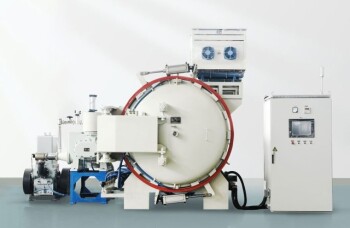
Operating Procedures for Vacuum Sintering Furnace
1 year agoDetailed steps and precautions for operating a vacuum sintering furnace.
Learn More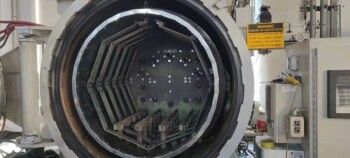
Common Faults and Treatment Programs for Vacuum Furnaces
1 year agoA guide to identifying and resolving common issues with vacuum furnaces, including electrical and mechanical failures.
Learn More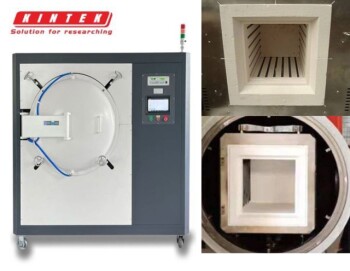
Types and Applications of Vacuum Furnaces
1 year agoAn overview of various vacuum furnace types and their uses in different industrial processes.
Learn More
Choosing the Right Tube Furnace for Laboratory Use
1 year agoGuide on selecting a tube furnace based on temperature, sample size, temperature zones, functions, and vacuum systems.
Learn More
How Tubular PECVD Adapts to Large Wafer Sizes
1 year agoExploring the challenges and solutions for tubular PECVD in handling large-sized silicon wafers.
Learn More
Detailed Processes and Parameters of PECVD for TiN and Si3N4 Deposition
1 year agoAn in-depth exploration of the PECVD processes for TiN and Si3N4, including equipment setup, operational steps, and key process parameters.
Learn More
Common Rework Causes and Solutions for Tubular PECVD Coatings
1 year agoThis article discusses common rework causes in PECVD coating for crystalline silicon solar cells and provides feasible solutions to improve quality and reduce costs.
Learn More
Common Abnormal Causes and Solutions for PECVD Coating in Crystalline Silicon Solar Cells
1 year agoAnalyzes common PECVD coating issues in solar cells and provides solutions to improve quality and reduce costs.
Learn More
Introduction to the PECVD Deposition of Amorphous Silicon Process in Burst Film Formation
1 year agoExplains the mechanism of burst film formation in PECVD deposition of amorphous silicon and solutions to prevent it.
Learn More
Core Barriers to PECVD Nano-Coating Technology
1 year agoExplores the main obstacles in the development and application of PECVD nano-coating technology.
Learn More
Optimizing PECVD Coating Processes for MEMS Devices
1 year agoGuide to configuring and optimizing PECVD processes for high-quality silicon oxide and nitride films in MEMS devices.
Learn More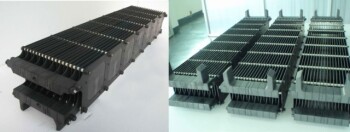
Graphite Boats in PECVD for Cell Coating
1 year agoExploring the use of graphite boats in PECVD for efficient cell coating.
Learn More
Understanding Glow Discharge in the PECVD Process
1 year agoExplores the concept, characteristics, and effects of glow discharge in PECVD for film deposition.
Learn More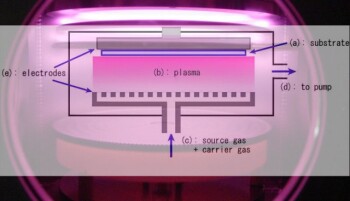
Types of PECVD Process, Equipment Structure, and Its Process Principle
1 year agoAn overview of PECVD processes, equipment structures, and common issues, focusing on various PECVD types and their applications.
Learn More
Applications of PECVD Nano-Coating Technology in Electronic Devices
1 year agoPECVD nano-coating technology enhances durability and reliability in various electronic devices.
Learn More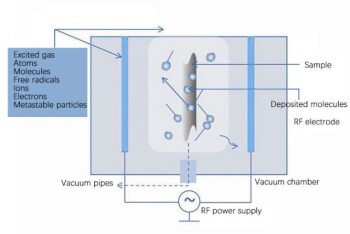
PECVD Nano-Coating Applications Beyond Waterproofing and Corrosion Prevention
1 year agoExplores diverse PECVD nano-coating applications including waterproofing, anti-corrosion, antibacterial, hydrophilic, and wear-resistant films.
Learn More
Carbon Coating for Surface Modification of Silicon-Based Materials in Lithium-Ion Batteries
1 year agoThis article discusses the application of carbon coatings to improve the performance of silicon-based anode materials in lithium-ion batteries.
Learn More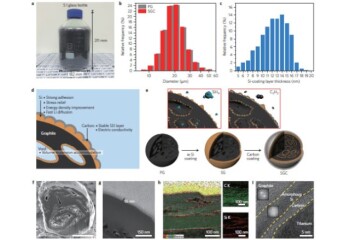
Technical Overview of Silicon-Carbon Anode Materials Prepared by CVD Method
1 year agoThis article discusses the key technical aspects of silicon-carbon anode materials prepared via CVD, focusing on their synthesis, performance improvements, and industrial application potential.
Learn More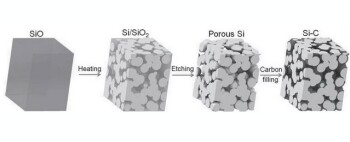
Vapor Deposition Silicon Carbon Anode for Next-Generation Batteries
1 year agoExplores the potential of silicon-based anodes, focusing on vapor deposition technology and its impact on battery performance and cost.
Learn More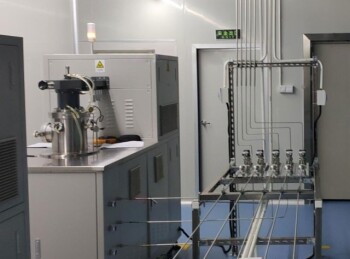
Introduction to CVD Chemical Vapor Thin Film Deposition Transport Systems
1 year agoOverview of CVD process, components, and systems for thin film deposition.
Learn More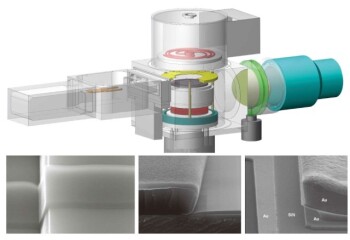
Comparison and Application Analysis of LPCVD, PECVD, and ICPCVD Processes
1 year agoA detailed comparison of LPCVD, PECVD, and ICPCVD technologies, focusing on principles, features, advantages, and disadvantages.
Learn More
Vacuum Coating Technology: Development and Application
1 year agoExplores the evolution, methods, and applications of vacuum coating technology, focusing on PVD and its impact on industrial tools and molds.
Learn More
Impact of Silicon Nitride Film Preparation Processes on Thickness Control Accuracy
1 year agoAnalyzing the influence of different silicon nitride film preparation processes on thickness control accuracy in semiconductor manufacturing.
Learn More
Preparation and Transfer Technology of Graphene by Chemical Vapor Deposition
1 year agoThis article reviews the preparation methods of graphene, with a focus on CVD technology, its transfer techniques, and future prospects.
Learn More
Chemical Vapor Deposition (CVD) Process and High Purity PFA Tubing
1 year agoAn overview of the CVD process and the role of high purity PFA tubing in semiconductor manufacturing.
Learn More
Advanced Surface Treatment: Titanium CVD Coating
1 year agoExplores the benefits and applications of CVD coatings on titanium alloys, focusing on wear resistance, corrosion resistance, and thermal stability.
Learn More
Coating Methods for Growing Single Crystal Films
1 year agoAn overview of various coating methods like CVD, PVD, and Epitaxy for growing single crystal films.
Learn More
Comprehensive Overview of 12 Types of Chemical Vapor Deposition (CVD) Techniques
1 year agoExplore the diverse methods of CVD, from plasma-enhanced to ultra-high vacuum, and their applications in semiconductor and material science.
Learn More
Advantages, Limitations, and Process Control of Chemical Vapor Deposition (CVD) Technology
1 year agoExplores the benefits, constraints, and process management of CVD technology for surface coatings.
Learn More
In-Depth Examination of Chemical Vapor Deposition (CVD) Coatings
1 year agoA comprehensive exploration of CVD technology, its principles, characteristics, classifications, new advancements, and applications in various fields.
Learn More